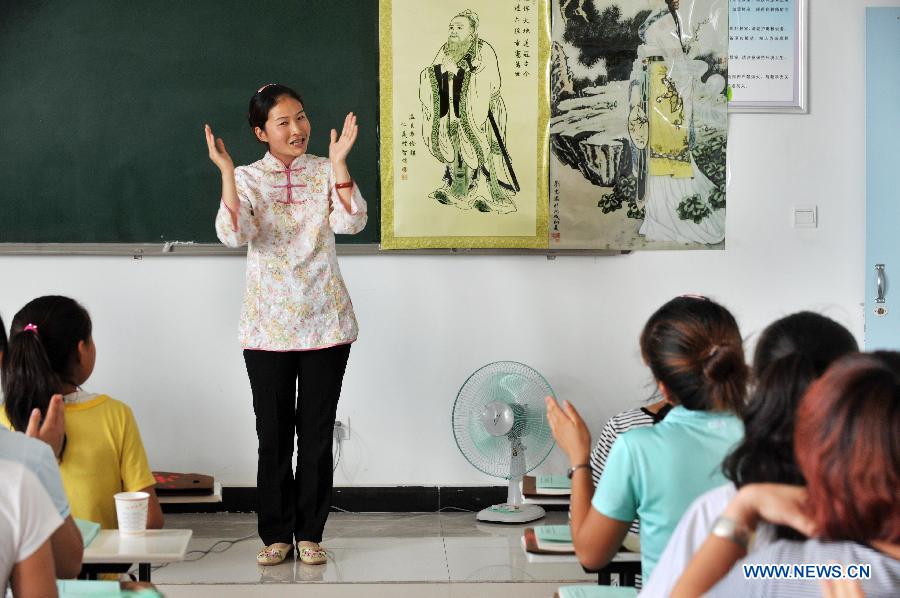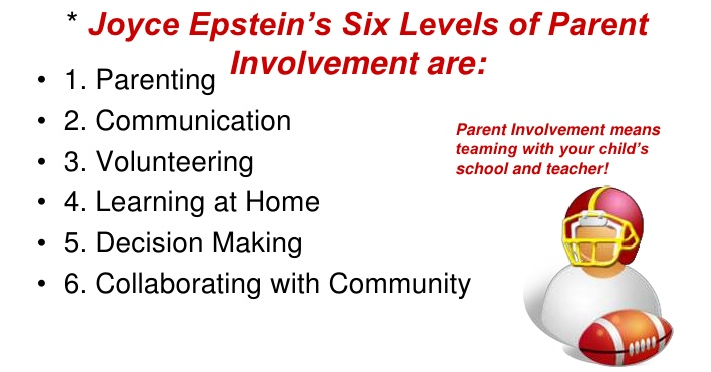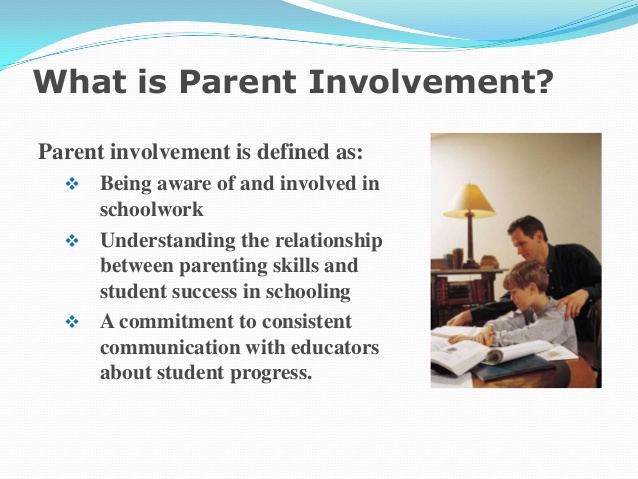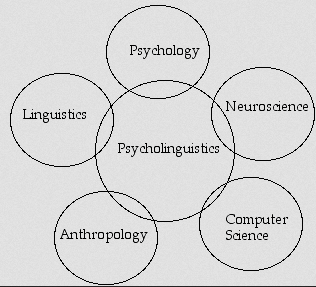What do the Chinese Parents Think? Continuing my research into facilitating parental involvement, I wanted to think more about my role as a teacher from a cultural perspective. For my current SLA project, I am thinking of ways for parents to get more involved in their children’s learning. However, upon deeper reflection, it may be,…









